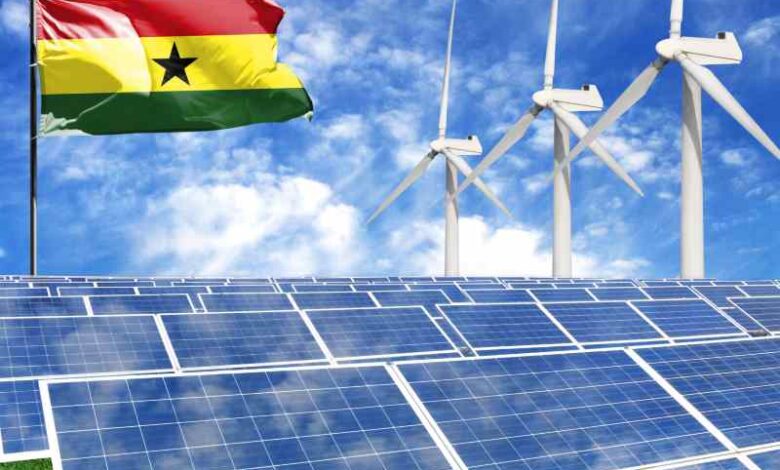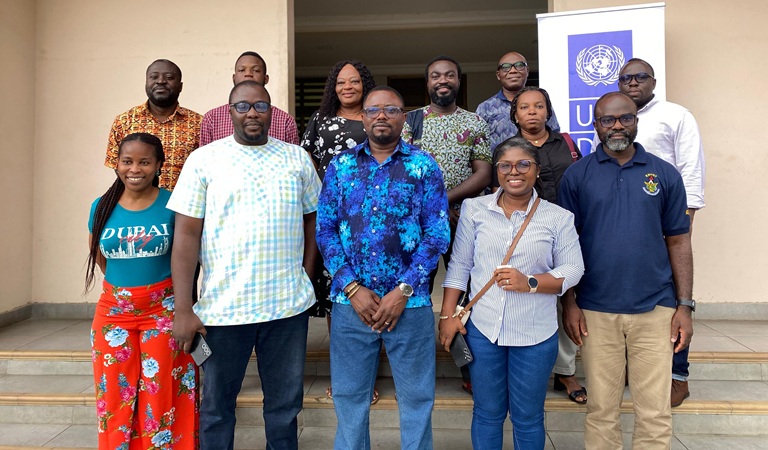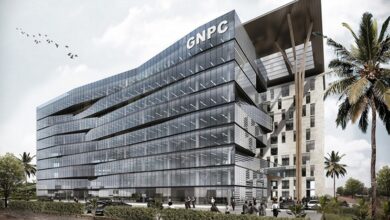Ghana Charts Fresh Course for a Fair and Inclusive Green Transition

Ghana is rewriting the rules of its clean energy journey. Six years after launching the Renewable Energy Masterplan (REMP), the country is giving the strategy a major facelift to ensure the shift to green power is not only timely, but also fair, inclusive, and impactful for ordinary Ghanaians.
At the heart of this review is a simple but powerful idea: the energy transition should benefit everyone – from women entrepreneurs in the solar energy business to local communities demanding cleaner, more reliable power.
The Ministry of Energy and Green Transition (MoEnGT), in collaboration with the Ministry of Environment, Science and Technology (MEST), is leading the update with support from the United Nations Development Programme (UNDP) under its Climate Promise – Pledge to Impact initiative.
In July 2025, a National Taskforce was established to oversee the review, with MoEnGT as chair and membership from MEST, the Ministry of Finance, the Ministry of Gender, Children and Social Protection, the Environmental Protection Authority, the Energy Commission, the Association of Ghana Solar Industry, and the Renewable Energy Association of Ghana. Following the first review meeting in Accra, the Taskforce convened again in Koforidua from September 11–13, 2025, to deepen discussions on the way forward.
Ing. Seth Mahu, Director for Renewable Energy and Green Transition at MoEnGT and Chair of the Taskforce, says the update is vital for keeping pace with global and national shifts. “Everything around the plan is dynamic; nothing is static. The economy is growing, energy demand is rising, and the global energy architecture is changing. Reviewing the plan every five years allows us to check progress, realign with targets, and reflect global realities,” he explained.

The review is also timely, given renewed international focus on energy transition after COP26 in Glasgow and Ghana’s expanded mandate under the newly established Ministry of Energy and Green Transition. For government, the revised plan is expected to become a blueprint for accelerating Ghana’s green economy, embedding gender-responsive approaches, and ensuring that no community or social group is left behind.
UNDP has been a strong partner in Ghana’s renewable energy journey. Dr. Abdul-Razak Saeed, Head of Environment and Climate at UNDP Ghana, emphasized the strategic importance of this process: “This update aligns with Ghana’s preparation of its third generation Nationally Determined Contributions (NDCs). It presents a critical opportunity for the REMP to integrate concrete actions that contribute to national emission reduction targets, particularly within the energy sector. By doing so, it ensures Ghana’s energy transition is not only ambitious but also inclusive and aligned with its climate commitments.”
The Taskforce is currently reviewing national, regional, continental, and global policy documents to ensure the updated plan reflects broader development and climate goals. Once the technical work is completed, the team will engage stakeholders including civil society organizations, utilities, academia, and financial institutions to enrich the process before presenting the final document to the Minister for cabinet approval.
As the world pushes toward net-zero, Ghana’s move to refresh its Renewable Energy Masterplan is more than a technical policy exercise – it is a commitment to light, jobs, justice, and opportunities for generations to come.



